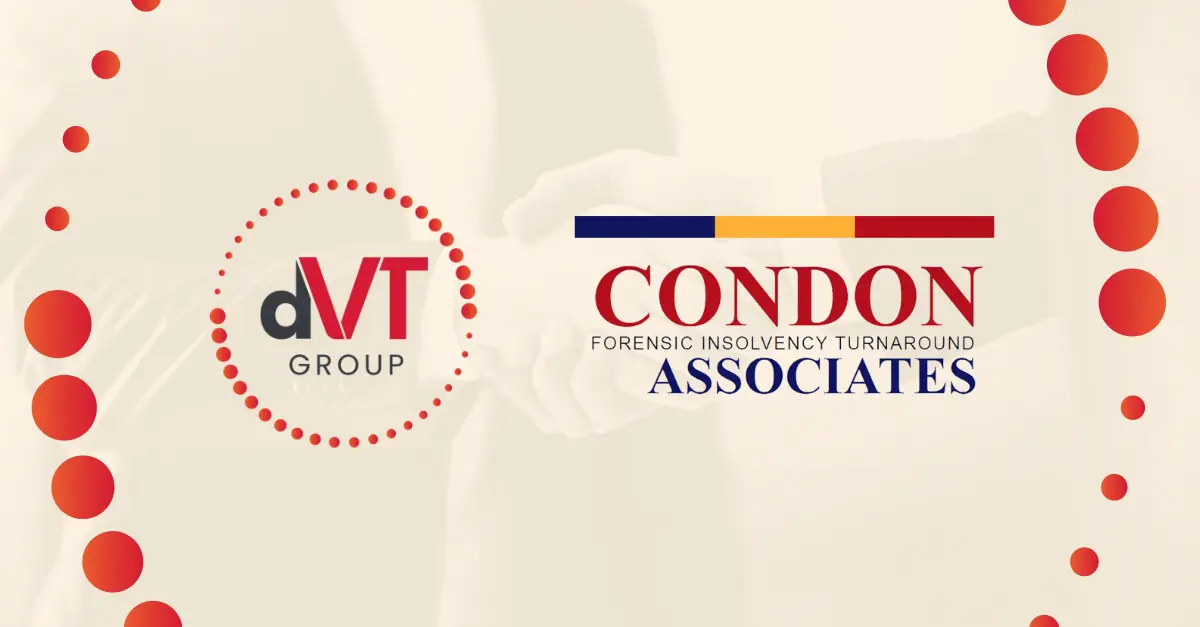In the ever-evolving corporate landscape, fraud prevention has evolved from an option to an imperative. The need for robust internal controls is paramount as the financial world grows increasingly complex.
These controls are the vigilant gatekeepers of your organisation, safeguarding your assets, reputation, and financial integrity.
This article will delve into the pivotal role of effective internal controls as the first line of defence against fraud.
Understanding the Fraud Landscape
Before we explore the role of internal controls, it’s essential to grasp the scope of the issue. Fraud is a pervasive problem that affects organisations of all sizes and industries. It manifests in various forms, from financial fraud (such as embezzlement and asset misappropriation) to corruption, insider trading, and cyber fraud.
Alarming statistics reveal that businesses lose approximately 5% of their annual revenue to fraud, amounting to billions of dollars in yearly losses, according to the Association of Certified Fraud Examiners (ACFE). These figures underscore the critical need for organisations to take proactive measures to deter, detect, and ultimately prevent fraud.
The Role of Internal Controls
Internal controls are practices, procedures, and policies meticulously designed to safeguard an organisation’s assets, ensure accurate financial reporting, and promote compliance with laws and regulations.
Here’s a closer look at how they serve as a critical cornerstone in fraud prevention:
1. Segregation of Duties (SoD): As previously discussed, SoD is a linchpin in internal controls. By distributing financial tasks among various individuals or departments, these controls ensure that no person wields unchecked control over financial transactions. This foundational measure serves as a formidable barrier against fraud.
2. Access Controls: Enforcing stringent access controls helps prevent unauthorised personnel from accessing sensitive financial systems and data. This, in turn, thwarts employees from manipulating records, misappropriating assets, or engaging in fraudulent activities.
3. Regular Audits and Reviews: Internal controls encompass conducting periodic internal audits and financial reviews. These assessments scrutinise financial transactions, identify irregularities, and act as a deterrent to potential fraudsters. Audits also reveal weak points in existing controls, enabling organisations to address vulnerabilities promptly.
4. Documentation and Record-Keeping: Proper documentation and record-keeping represent essential components of internal controls. Maintaining detailed records of financial transactions and creating an organised, transparent audit trail makes it more challenging for fraudsters to cover their tracks.
5. Employee Training and Ethical Culture: Cultivating a culture of ethics and integrity within your organisation is pivotal to fraud prevention. Employee training on fraud detection and reporting and promoting open communication channels helps identify issues before they escalate.
6. Technology and Automation: Implementing advanced financial software and automation tools can bolster internal controls. These technologies can flag unusual or unauthorised transactions, enhancing an organisation’s ability to prevent and detect fraud.
A Case in Point: R v Carpenter [2023]
To underscore the critical role of robust internal controls, here is a recent court case involving an employee found guilty of committing a significant internal fraud case.
The employee was an office manager for a small family business and handled financial matters, including payroll, accounts payable, and receivable. Over more than two years, she engaged in systematic fraudulent transactions, conducting 118 electronic transfers totalling $125,145.77. These funds were diverted from the company’s account into various personal bank accounts, some of which were in her name, her husband’s name, and others in an unidentified name.
The fraud was conducted with a degree of sophistication, involving creating fake accounts in the company’s software and generating invoices to make these transactions appear legitimate. The amount of each transfer varied over time, starting at $2,100, then decreasing to an average of $945 and eventually down to $495. The employee used the embezzled funds for personal expenses, including laptops, school books, and personal stationery.
The employee’s fraud went undetected until her employer confronted her in October 2020. Initially, she attempted to explain the transfers as reimbursements, but her employer quickly realised the extent of the fraud. The family business eventually received a $100,000 payment from the employee’s father, and the employee herself provided a bank cheque for the remaining amount owed.
At the sentencing, the judge acknowledged that the employee had taken steps towards restitution and had no criminal history. However, he emphasised the serious nature of the offence, which involved a significant breach of trust and an extended period of fraudulent activity. The judge also highlighted the employee’s attempts to conceal her actions and her initial evasion of responsibility when confronted. As a result, a prison sentence of four years was imposed, with a suspension after serving nine months in custody under an operational period of four years.
This case serves as a compelling reminder that businesses must diligently assess and enhance their internal control mechanisms to detect and deter fraudulent activities, thus safeguarding their financial integrity and assets.
Conclusion
Preventing fraud through the diligent application of internal controls is not merely a best practice, but a necessity. In a world where the stakes are high, organisations must invest in building a robust framework of internal controls to safeguard their assets, reputation, and financial integrity.
By consistently implementing and improving internal controls, organisations can significantly reduce their vulnerability to fraud. This proactive approach helps protect financial assets and fosters a culture of trust and integrity within the organisation. It is a strategic investment in a company’s long-term success and sustainability.
Looking to see how you can strengthen your business’s systems and controls? Contact one of our experienced team at dVT Group at (02) 9633 3333 or by email at mail@dvtgroup.com.au.
dVT Group is a business advisory firm that specialises in business turnaround, insolvency (both corporate and personal), business valuations and business strategy support.











